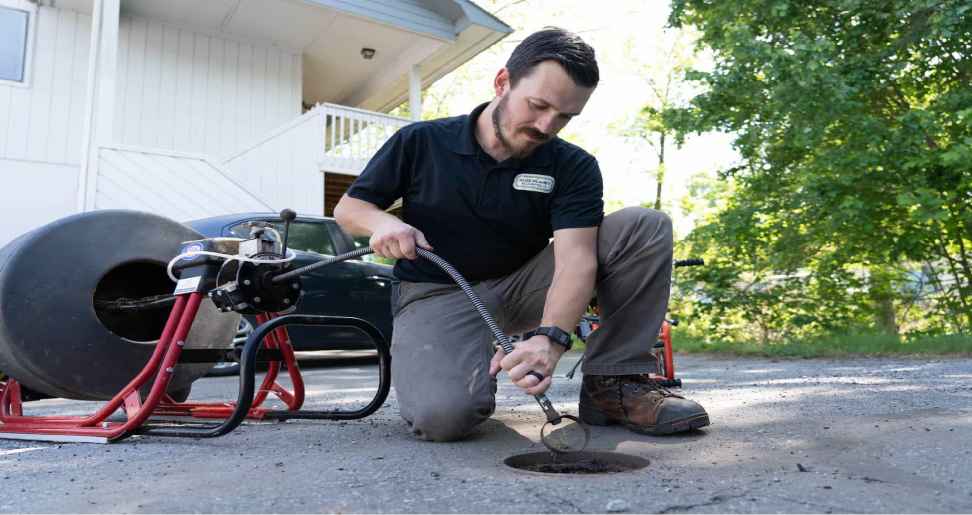Maintaining functional drains is crucial for the smooth operation of any household plumbing system. However, clogged drains are a common nuisance that can disrupt daily routines and lead to potential plumbing emergencies if not addressed promptly. Understanding effective solutions for clogged drain cleaning and dealing with blocked drains can save you time, money, and unnecessary stress.
Common Causes of Clogged Drains
Clogged drains can occur due to various reasons, often stemming from everyday activities and habits within the household:
- Food Waste: In kitchen sinks, food particles, grease, and oil can accumulate over time, leading to blockages.
- Hair and Soap Scum: Bathroom drains are frequently clogged by hair, soap residue, and other hygiene products that cling to pipe walls.
- Foreign Objects: Small objects or debris inadvertently flushed down toilets or drains can cause significant blockages.
- Tree Roots: In outdoor drains or main sewer lines, tree roots can intrude and cause blockages as they seek moisture and nutrients.
Effective Solutions for Clogged Drain Cleaning
When faced with a clogged drain, several effective solutions can be implemented before the issue escalates:
- Plunging: For minor blockages in sinks or toilets, a plunger can often dislodge the obstruction by creating pressure and suction.
- Natural Cleaners: Baking soda and vinegar solutions can break down organic matter and help clear mild clogs without harsh chemicals.
- Plumbing Snake or Auger: A plumbing snake or auger is effective for reaching deeper clogs that plunging cannot dislodge, especially in bathroom or kitchen drains.
- Chemical Drain Cleaners: When used cautiously and according to instructions, chemical drain cleaners can dissolve organic matter causing clogs. However, they should be used sparingly due to their corrosive nature.
Preventive Measures to Avoid Blocked Drains
Prevention is key to minimizing the occurrence of clogged drains and maintaining smooth drainage:
- Use Drain Guards: Installing the drain guards or screens of sinks and showers to catch the hair stands, small food particles, with other debris right before entering the drain.
- Regular Maintenance: Schedule periodic inspections and maintenance with a professional plumber to detect and address potential issues early.
- Proper Disposal: Dispose of cooking grease, oil, and food waste in designated containers rather than washing them down the sink.
- Be Mindful of Flushing: Avoid flushing non-biodegradable items, along with sanitary products, or through excessive amounts of toilet paper down the toilets.
When to Seek Professional Help
While many minor clogs can be handled independently, persistent or severe blockages may require professional intervention:
- Hydro Jetting: High-pressure water jetting can effectively clear stubborn clogs and remove debris from pipes, restoring proper drainage.
- Camera Inspection: Plumbers use specialized cameras to inspect pipes and identify the exact location and nature of blockages or potential issues.
- Pipe Replacement or Repair: In cases of extensive damage or tree root intrusion, replacing or repairing sections of pipes may be necessary to restore proper drainage.
Conclusion
Mastering drain care involves understanding the causes of clogged drains, implementing effective cleaning solutions, and adopting preventive measures to maintain clear and functional plumbing. By taking proactive steps and knowing when to seek professional assistance, homeowners can ensure smooth drainage and avoid the inconvenience and expense of blocked drains. Remember, regular maintenance and mindful practices go a long way in preserving the integrity of your home’s plumbing system and ensuring peace of mind.
Read more:


